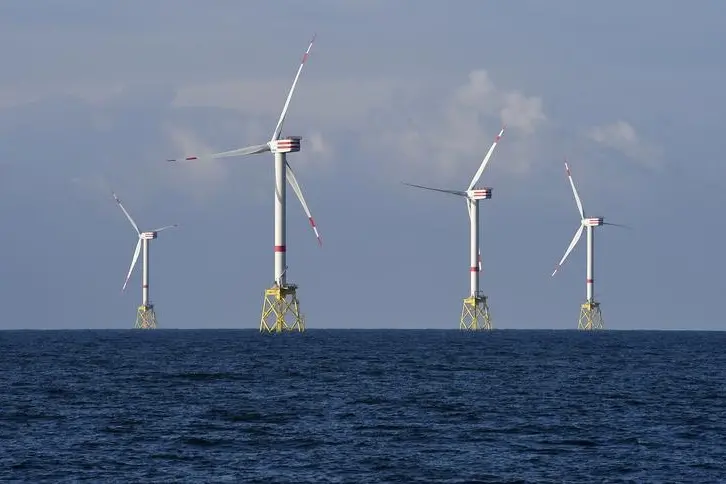PHOTO
LONDON - The business of adding some kind of environmental, social or governance analysis to investment decisions is snowballing. Such practices grew 34% in the two years after 2016 and are now a factor in $31 trillion of assets under management, according to the Global Sustainable Investment Alliance. In 2020, the downside of that surge could put certain players in the dock.
The sector’s headaches have already caught out some big names. Fidelity had to review a filter on its investment platform after SCM Direct determined in November that funds flagged as socially responsible did not actually have such an investment focus. InfluenceMap discovered that a State Street fund marketed as "fossil fuel reserves free" still held stakes in energy and mining companies active in thermal coal. The 2 Degrees Investing Initiative found that 85% of all so-called green-themed funds, a specific niche of the wider overall market, have misleading marketing.
Most of those called out can escape with a spot of bad PR and some pledges to clarify what’s on offer. There is, though, a lack of clarity over what firms and consumers mean by and expect from sustainable and green investment products, the UK’s Financial Conduct Authority concluded in October. It will, it said, take “appropriate action” if need be if it spots customers being diddled by greenwashing.
So it should. But regulators also want to encourage innovation. Products that might initially look misleadingly badged are often just a reflection of the bewildering array of different ESG-focused investment products. These range from outright exclusion of polluters and sin stocks, to using third-party ESG ratings to pick investments, to pushing companies to become more sustainable.
But a situation where no one really knows who’s greenwashing and who’s legit provides perfect cover for actual wrongdoers. Initiatives to better define sustainability like the European Union’s Taxonomy, or to improve data on companies’ climate-transition risks, like the global Task Force on Climate-Related Financial Disclosures, should help with clearing the mist.
But these take time to get right and implement. Meanwhile, the current fuzzy definitions can encourage and, for a time, obscure mis-selling and fraud. It makes a greenwashing scandal likely sooner rather than later. Victims will be hard-pressed to argue they weren’t warned.
CONTEXT NEWS
- The Financial Conduct Authority said on Oct. 16 it would challenge firms if it spots potential so-called greenwashing, by clarifying expectations and taking appropriate action to prevent consumers being misled.
- The FCA said it would also carry out further policy analysis on greenwashing and take action, for example via guidance, to address concerns as appropriate. It also said it would engage and consider the proposals of the European Commission’s Sustainable Finance Action Plan relevant to products and services, particularly around common standards and product disclosures.
- The FCA said it was not always clear what firms or consumers mean by, or expect from, green products. It also said that early indications from its research were that the “sustainable” label was applied to a very wide range of products, which on the face of it do not appear to have materially different exposures to products that do not have such a label.
- The regulator said it defined greenwashing as marketing that portrays an organisation’s products, activities or policies as producing positive environmental outcomes when this is not the case.
(Editing by Antony Currie, Leigh Anderson and Oliver Taslic) ((george.hay@thomsonreuters.com; Reuters Messaging: george.hay.thomsonreuters.com@reuters.net))





















